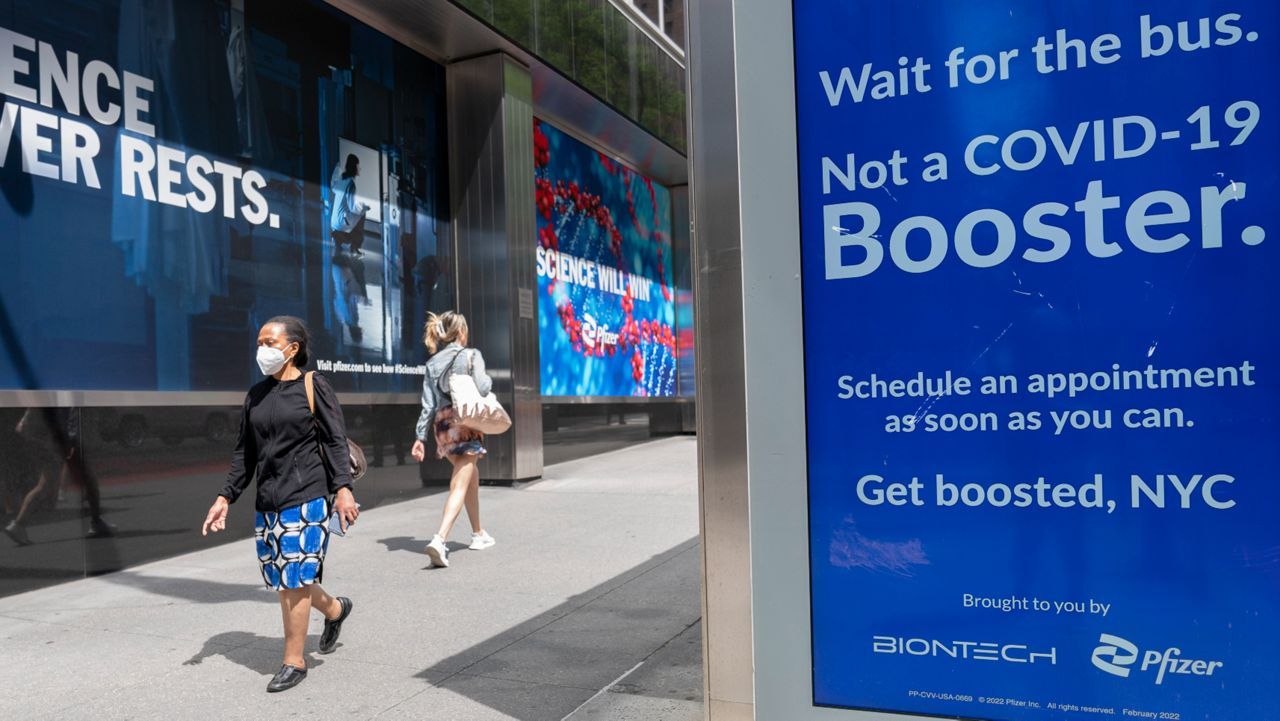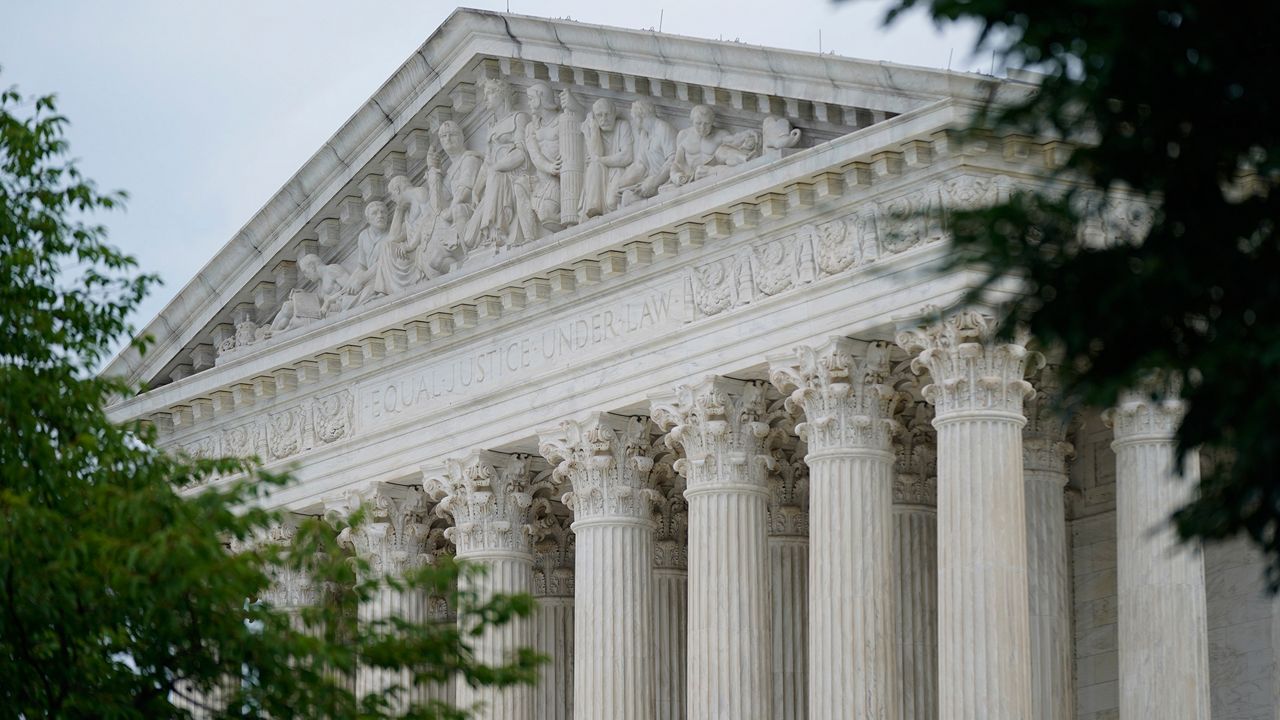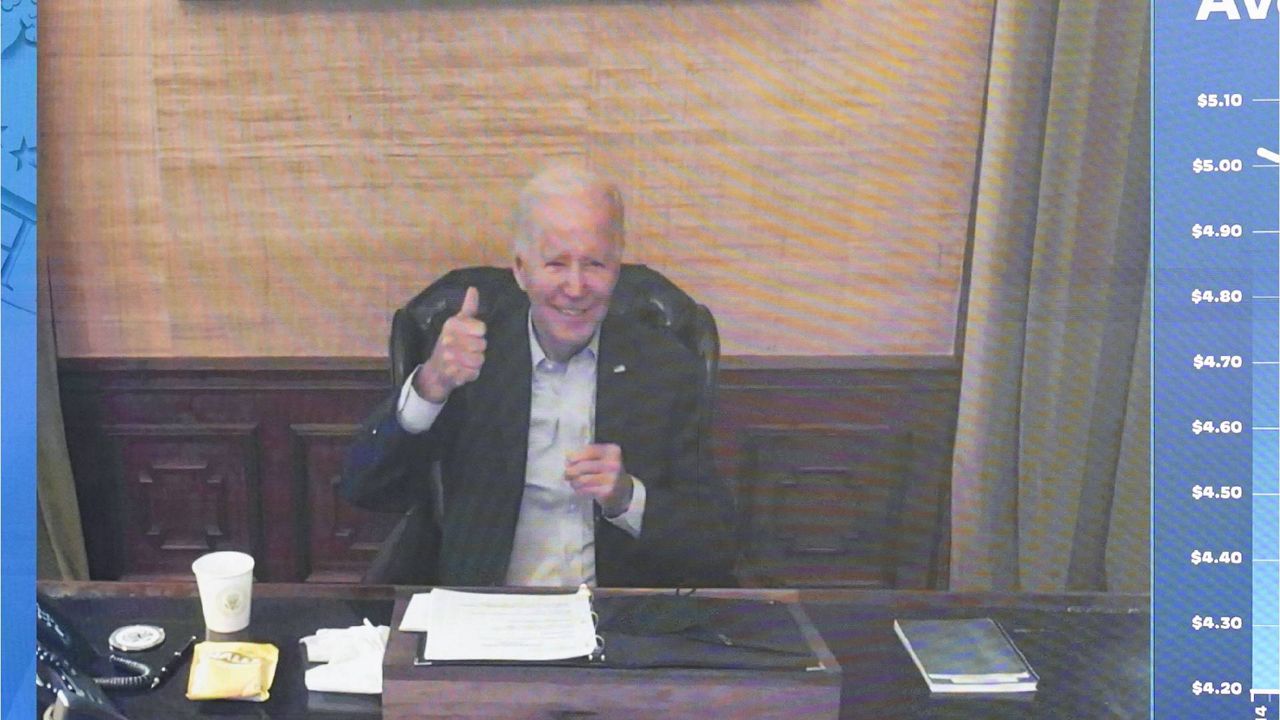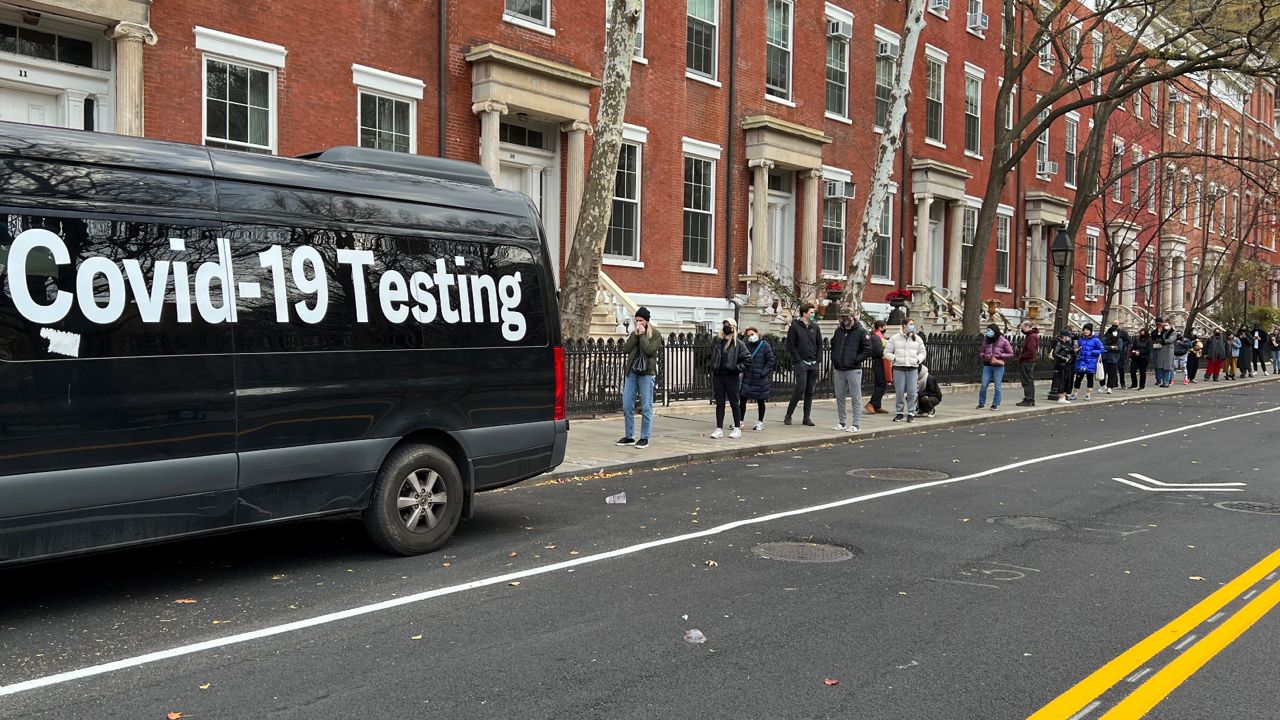NEW YORK - As New Yorkers continue seeking coronavirus tests, researchers say they’ve received federal clearance for the first saliva screening for COVID-19.
Professor Andrew Brooks runs the Rutgers University lab that developed the test, and says it will decrease risks for health care workers, compared to a nasal or throat swab.
- LIVE UPDATES: Coronavirus in New York City
- LIVES LOST: Remembering Victims of the Coronavirus
- What to Do If You Test Positive for COVID-19
- CDC Coronavirus Page
- WHO Coronavirus Page
“It doesn’t require a doctor or nurse of health care professional to come six inches within your mouth while your symptomatic and potentially contract the virus," Brooks said.
Instead, Brooks says patients will be given a plastic tube to spit which will then be tested in the lab.
Vault Health is among the many partners working with Rutgers and says they will be distributing tests through their telehealth platform. The Federal Drug Administration says the test should be performed in a health care setting under supervision of a trained provider and specifically has not yet approved tests from home – but Vault Health says their home test via telehealth does meet the requirement.
“It is a health care setting. The patient is interacting with a trained health care provider in a virtual environment which itself is a medical setting,” said Vault Health CEO/Co-Founder Jason Feldman.
Rutgers says the FDA granted emergency use authorization for the test because of the spread of coronavirus. Brooks says while the test is accurate, if patients test negative and their history and symptoms indicate otherwise they should have results confirm with a second testing method. He says another benefit will be cutting down on use of protective gear that health care workers use with the nasal and throat swabs.
“Then when they go to that next patient they have to throw all of that away and throw all of that on again so it helps tremendously with the shortage of PPE in the country," Brooks said.
Brooks says their lab can currently test 10,000 samples per day. He recommends contacting your health care provider to see if they’re able to conduct the test.









